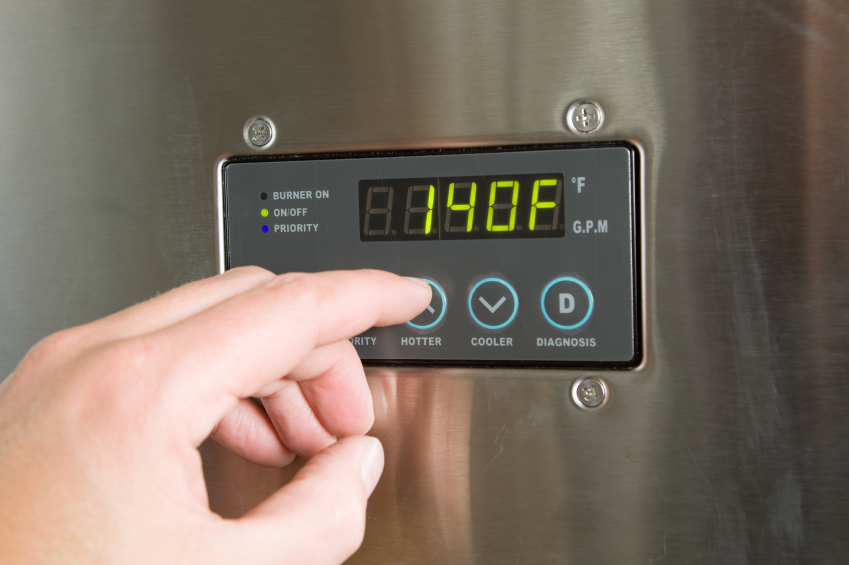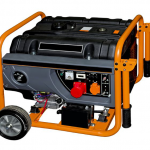Tankless water heaters have been popular in other parts of the world for some time, and are now becoming more popular in the U.S. as well. What’s the difference between a tankless water heater and a traditional hot water heater? How does a tankless water heater work?
Traditional hot water heaters are designed with a large tank where water is heated and stored. Water is heated in advance and stored in the tank until a hot water faucet is turned on somewhere in the home. Traditional water heaters heat water whether or not it is needed at the time.
Tankless water heaters work differently from traditional water heaters. As the name implies, tankless heaters do not have a tank. Tankless water heaters may also be called “on demand” water heaters because they heat water as it is needed rather than heating the water in advance. In a tankless system, the water is heated instantly as it passes through a heat exchanger. Hot water is not stored in anticipation of later demand.
Another difference with tankless water heaters is that they deliver unlimited hot water. Traditional systems hold a certain amount of water in the tank; once the water is used it takes time for more water to be heated. Tankless systems heat the water as it passes through the heater, so they effectively provide unlimited hot water.
Tankless water heaters may heat water for one sink or shower, or they may heat water for an entire building. Smaller, point-of-use heaters can fit inside a sink cabinet or a closet. The heater’s proximity to the sink or shower eliminates the delay that is common while waiting for hot water to make it from the hot water heater to the water outlet. Buildings with point-of-use water heaters may need several heaters at different locations (for example, the bathroom and kitchen).
As with traditional water heaters, tankless heaters are available in electric, propane and natural gas models. An electric or gas supply will need to be installed wherever you plan to install the tankless water heater if the location is different from where a traditional heater was installed.
Tankless water heaters can result in energy savings since the water is heated only as needed rather than being heated in volume and stored. Tankless systems do tend to cost more up front, however, and may involve the additional expense of running electric or gas service to a new location.
Whether you opt for a traditional or tankless water heater, be sure to protect your investment with a home warranty from American Home Shield.
Post Author: andyc.




